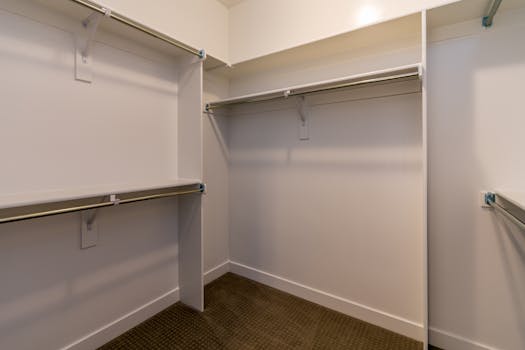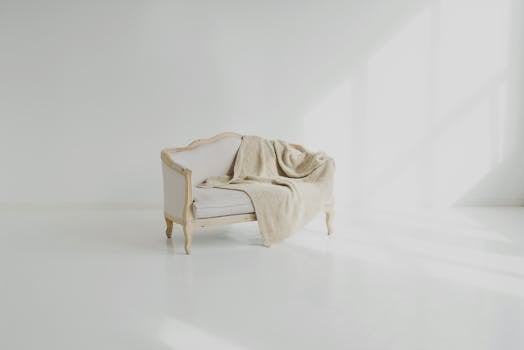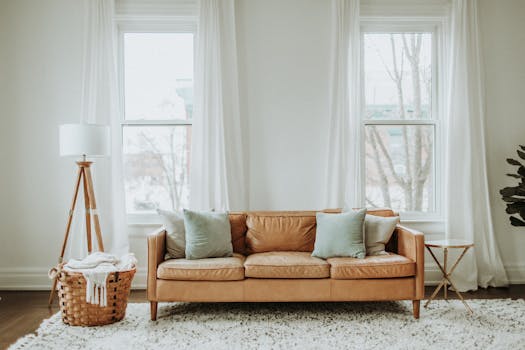
“
Introduction to Minimalist Living
Minimalist living, with a focus on Minimalist Living, is a lifestyle that has gained popularity in recent years due to its numerous benefits. It involves living with only the essentials and eliminating clutter from one’s life. This approach to life can have a significant impact on one’s mental and physical well-being, as well as the environment. In this article, we will explore the concept of minimalist living, its benefits, and provide tips on how to adopt this lifestyle.
Benefits of Minimalist Living

There are several benefits associated with minimalist living. Some of the most significant advantages include:
- Reduced stress: Living with fewer possessions can reduce stress and anxiety caused by clutter and disorganization.
- Improved focus: With a simpler living space, you can focus on what’s truly important, such as relationships, personal growth, and hobbies.
- Increased productivity: A clutter-free environment can help you stay organized and focused, leading to increased productivity.
- Financial savings: Adopting a minimalist lifestyle can help you save money by reducing unnecessary purchases and living expenses.
- Environmental benefits: Minimalist living can help reduce waste, conserve resources, and promote sustainability.
How to Adopt a Minimalist Lifestyle

Adopting a minimalist lifestyle requires a mindset shift and a willingness to let go of unnecessary possessions and habits. Here are some tips to help you get started:
- Start with a decluttering process: Begin by getting rid of items you no longer need or use. Go through your belongings, and separate them into categories (e.g., keep, donate, sell, throw away).
- Simplify your living space: Once you’ve decluttered, focus on simplifying your living space. Consider downsizing to a smaller home or apartment, and opt for a minimalist decor. For more tips on this, check out our article on Maximizing Small Spaces.
- Adopt a ‘one in, one out’ policy: To maintain your newfound simplicity, adopt a policy where you get rid of an old item every time you acquire a new one.
- Focus on experiences: Instead of accumulating possessions, focus on experiencing life. Invest in activities, travel, and personal growth.
- Be mindful of consumerism: Be aware of your consumption habits and avoid buying unnecessary items. Ask yourself if you really need something before making a purchase.
Maintaining a Minimalist Lifestyle

Maintaining a minimalist lifestyle requires ongoing effort and commitment. Here are some tips to help you stay on track:
- Regularly review your belongings: Schedule regular decluttering sessions to ensure you’re not accumulating unnecessary items.
- Stay organized: Maintain a clutter-free living space by putting things back in their place and avoiding clutter buildup.
- Continue to simplify: As you become more comfortable with minimalist living, continue to simplify your life by eliminating unnecessary habits and activities.
- Find a community: Connect with like-minded individuals who share your passion for minimalist living. Join online communities, attend workshops, or participate in local minimalist groups.
- Be patient: Adopting a minimalist lifestyle is a journey, and it may take time to adjust. Be patient with yourself, and don’t be too hard on yourself if you slip up.
Conclusion

In conclusion, minimalist living is a lifestyle that offers numerous benefits, from reduced stress and improved focus to financial savings and environmental benefits. By adopting a minimalist lifestyle, you can simplify your life, reduce clutter, and focus on what’s truly important. Remember, it’s a journey, and it may take time to adjust. But with patience, commitment, and the right mindset, you can embrace minimalist living and enjoy a more simplified, organized, and fulfilling life.


